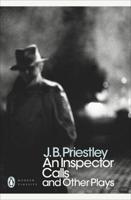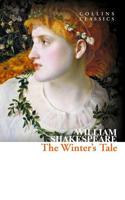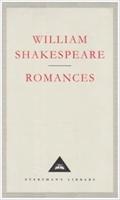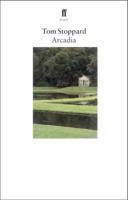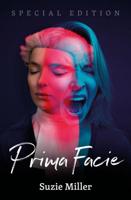Publisher's Synopsis
Exiles is the only play written by James Joyce. It is a modernist drama exploring themes of love, jealousy, freedom, betrayal, and the complexities of human relationships. The play is heavily influenced by Henrik Ibsen and reflects many of Joyce's recurring concerns, such as exile (both physical and emotional), self-identity, and unconventional relationships.
The play revolves around Richard Rowan, an Irish writer who has returned to Dublin after nearly a decade of self-imposed exile in Rome, accompanied by his common-law wife Bertha and their son Archie. The central conflict emerges from a love triangle involving Richard, Bertha, and Richard's old friend Robert Hand, a journalist. Another character, Beatrice Justice, also plays a key role in the emotional entanglements.
Richard and Bertha's return to Dublin is marked by uncertainty. While Richard struggles with feelings of alienation and doubt, Bertha finds herself drawn to Robert, who openly flirts with her. Richard, who values freedom and honesty in relationships, does not object but remains emotionally distant. Meanwhile, Beatrice, who was once romantically involved with Richard, still harbors feelings for him.
Robert attempts to seduce Bertha, and she seems to be tempted, though it remains ambiguous whether she fully reciprocates his advances. Richard, sensing the tension, does not interfere. His philosophy of absolute freedom in love is tested as jealousy and insecurity take hold. Meanwhile, Beatrice and Richard have a deep conversation about their past, revealing unspoken desires and regrets.
The climax of the play is a tense confrontation between Richard and Bertha. She confesses that Robert tried to seduce her, but Richard remains detached, refusing to impose his will on her choices. However, his emotional turmoil and passive approach to love leave both Bertha and Robert frustrated. In the end, the relationships remain unresolved-Richard and Bertha stay together, but their emotional distance lingers.
Richard is often seen as a self-portrait of Joyce, mirroring his own experiences of exile, unconventional relationships, and intellectual detachment. His relationship with Bertha echoes Joyce's real-life partnership with Nora Barnacle, who also had to navigate his radical ideas on love and fidelity.
Exiles was not well received upon its release. Many critics found it too static and overly intellectual, lacking dramatic tension. However, in modern times, it is appreciated for its psychological depth and early experimentation with modernist themes, which would later define Ulysses and Finnegans Wake.



